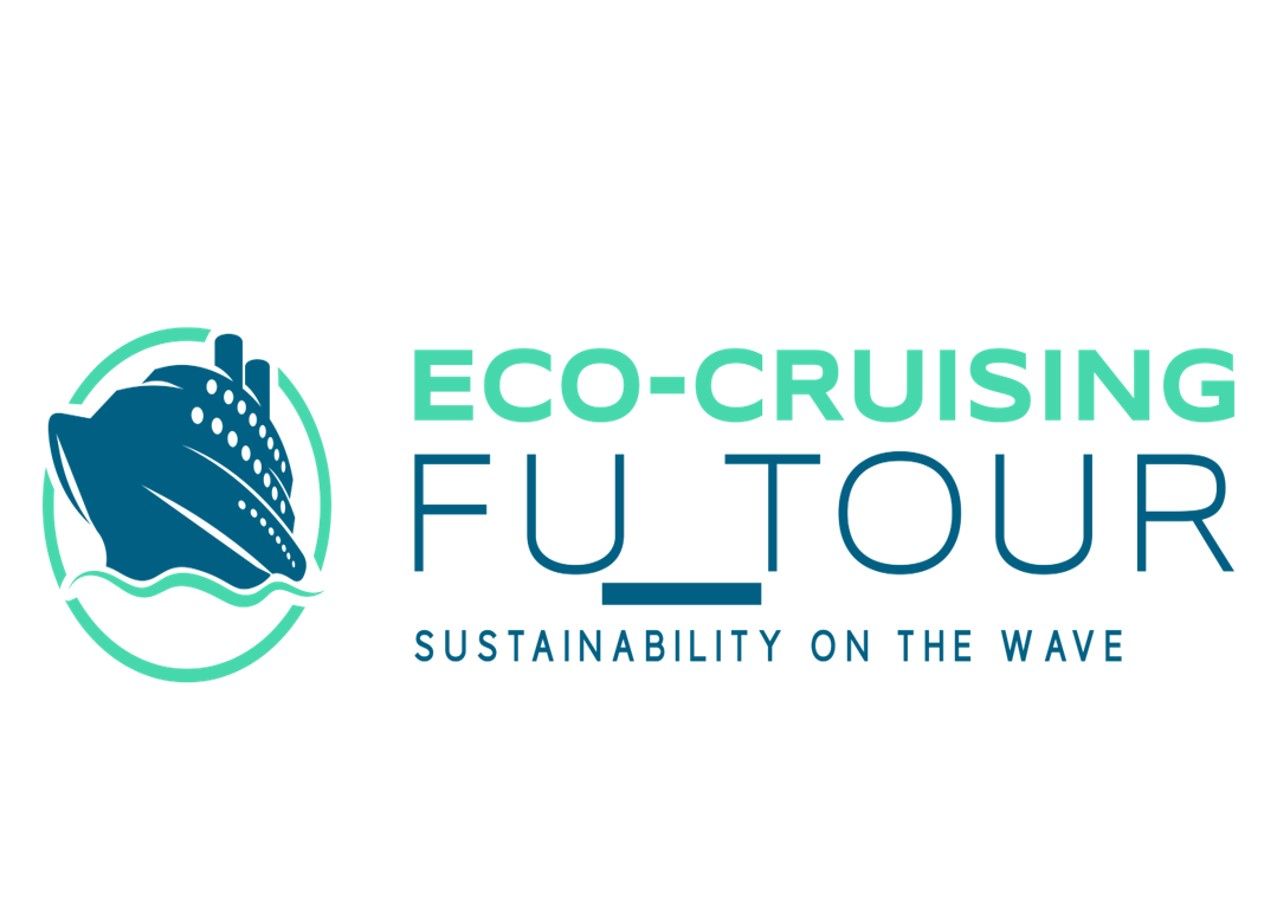The green transition in the cruise tourism sector has been elevated to a major priority for stakeholders involved to endure and claim all the advantages, which an adaptation towards environmental, social and economic sustainability would entail. Taking into account the COVID-19 pandemic and the need to recover as soon as possible and remain competitive, all businesses in the sector may reassess their priorities and planning with an eye on the new challenges related to endorsing sustainability solutions. These considerations should be much more salient in the EU through the lens of the European Green Deal, the Tourism Transition Pathway, and the Blue Economy. It goes without saying that most relevant decisions will not be an easy task. They may involve long-term investments when technological innovations have not yet matured and scaled up. They also necessitate synergies between actors and commitment, which once again complicates and problematises current business models in the sector.
To shed more light on existing and forthcoming developments in this direction, partners in the ECO-CRUISING FU_TOUR (https://ecocruising-fu-tour.eu/) are developing a capacity building programme for providing all necessary background information for employees and managers of stakeholders in the cruise tourism sector to orient themselves in these uncharted waters before committing to any action. The development of the capacity training programme is led by the Cyprus Marine and Maritime Institute (https://www.cmmi.blue/), with contributions from all partners. The programme will include a training programme of 25 hours for employees in the cruise sector and its supply chain and a shorter masterclass series of 10 hours for executive staff and managers. Both programmes will be offered for free in English from September 2023 onwards in 7 Mediterranean countries: Spain, Italy, Greece, Cyprus, Tunisia, Algeria, and Morocco.
The training programme includes all state-of-the-art knowledge that is needed to propel the green transition in the cruise tourism sector. This involves sustainable development goals, the EU policy framework for the cruise tourism sector, main challenges and potential solutions for the sector along all sustainability dimensions (environmental; social; economic), key adaptations needed for ports and destinations, the Fit-for-55-package for sustainable cruise activity, environmental, social and governance (ESG) Issues in the sector, green skills in the cruise sector, European maritime safety, crisis and emergency management. A short introductory section will provide details about the ECO-CRUISING FU_TOUR project and the capacity building programme and will conclude with trainees’ consent for participating. The evaluation of the training programme will be based on two mechanisms. First, a short assessment of the training programme by trainees. Second, a pre- post-test questionnaire that will be completed by trainees.
The training programme has been developed with a concentration on a student-centered approach. The main objective is to provide as much information as needed for trainees to familiarise them with the main directions to be taken to foster a green transition, related terminology, and relevant good practices. It provides insight into the current potential of businesses in the sector, small and medium enterprises in particular, to adapt to new requirements set for the green transition. Small-scale assignments have been included in all modules to allow trainees screen the information provided and apply the new knowledge they acquired to near-transfer tasks. Trainees will be scaffolded in these assignments through templates, rubrics and pre-worked examples. We expect that all trainees who will devote the planned time to conclude all modules (25 hours, overall) will have been empowered to self-regulate their new inquiries. This is quite crucial because novel knowledge gained through science and applications is continuously accumulating in the field.
The masterclasses will mirror the content of the training programme, providing, however, advanced knowledge and directions for executive staff and managers of stakeholders in the cruise tourism sector to facilitate the green transition in their businesses. It will be shorter in duration (10 hours) and it will involve a key learning activity for trainees, namely, to deliver a Strengths, Weaknesses, Opportunities and Threats analysis for their organisations and create a strategic roadmap for a green transition based on good practices in the cruise tourism sector. We expect that this multipurpose activity will provide a strong incentive for executive staff and managers to secure time to conclude the masterclasses, since this will already demarcate a starting point and a major preparatory stage in the green transition of their organisation. At the same time, it will allow the consortium to evaluate and improve the masterclasses.
Participant responses will allow the consortium to evaluate the capacity building programme and further optimise its content and structure. The programme will remain accessible on the project’s website for free. In this journey, the consortium of ECO-CRUISING FU-TOUR has set to support a considerable diversity of stakeholders across the entire cruise sector and its supply chain. Taking advantage of the heterogeneous training experiences of multiple trainees around the Mediterranean Sea, we will be able to identify what works well and where we need adaptation and change to sail more wisely, more sustainably. Screening participant input, we will be able to tailor the programme much more to the needs and desires of all our key audiences.
For more information you can contact:
Senior Associate Scientist
Cyprus Marine and Maritime Institute
*The ECO-CRUISING FU_TOUR project is co-funded by the European Union under the European Maritime, Fisheries and Aquaculture Fund (EMFAF); Topic: EMFAF-2021-PIA-FLAGSHIP-WESTMED; Granting Authority: European Climate, Infrastructure and Environment Executive Agency (CINEA); Project 101076270

